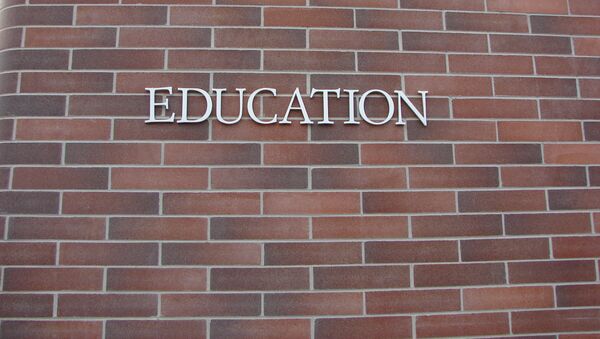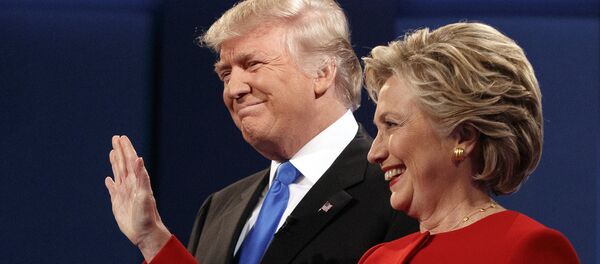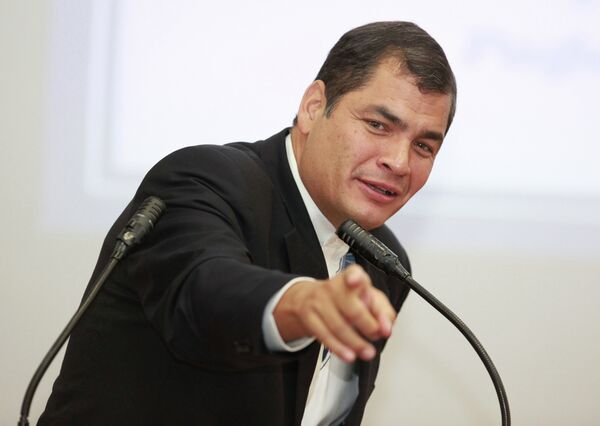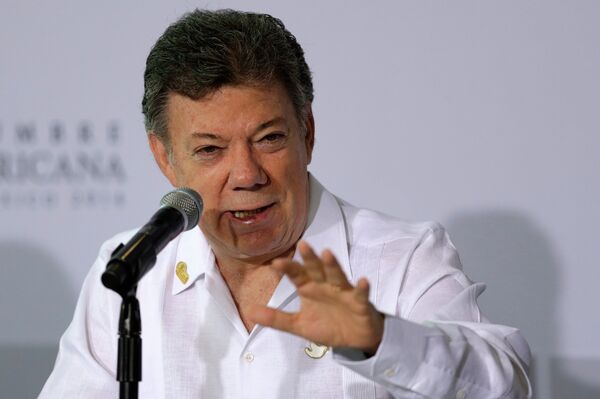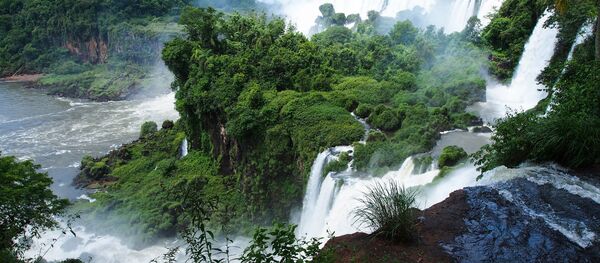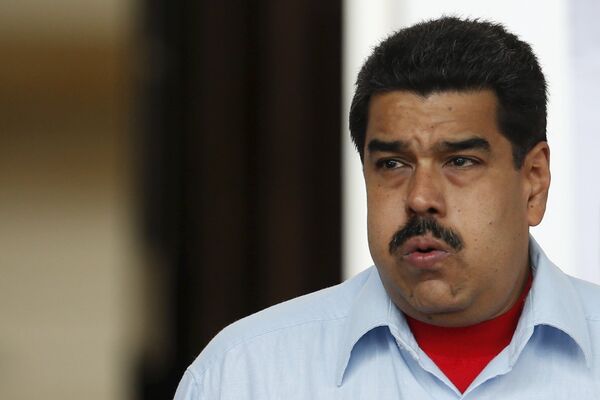Do the leaders' professions have an impact on the countries' governance? Julian Gonzalez, a researcher at the Institute of Political Science at Uruguay's University of the Republic, explained in an interview with Sputnik Spanish that "there is no such thing as a scientific degree in becoming the president of a country," and that "a university education, whether its technical or scientific, relates to other things."
Most of the heads of states in the region studied economics. The President of Ecuador, Rafael Correa, obtained an undergraduate degree in this specialization at the Catholic University of Santiago de Guayaquil. He earned two master's degrees: one at the Catholic University of Louvain in Belgium and the other at the University of Illinois in the US, where Correa later defended his PhD in Economics.
Colombian President Juan Manuel Santos, who was honored with a Nobel Peace Prize this month, had a similar experience. He earned a Bachelor degree in Economics and Business Administration at the University of Kansas and continued his education at the London School of Economics and Political Science, Harvard University and the Fletcher School of Law and Diplomacy at Tufts University in Boston.
President of Peru Pedro Pablo Kuczynski graduated from Oxford with a degree in philosophy, economics and politics and decided to deepen his knowledge at Princeton University, where he received a master's degree in public policy.
The number of doctors among the countries' leaders is increasing, too; it includes President of Chile Michelle Bachelet and President of Uruguay Tabaré Vázquez. The Chilean leader began her education in medicine and surgery at the University of Chile, but had to stop studying in 1975, when she and her family were arrested by Pinochet due to her father's role in the deposed Allende government. She was forced into exile, and eventually continued her education at the Humboldt University of Berlin. Vazquez, meanwhile, completed his studies to become an oncologist and radiologist at the University of the Republic of Uruguay.
Current President of Brazil Michel Temer received a Bachelor of Law degree at the University of São Paulo and then defended his doctoral thesis at the Pontifical Catholic University of São Paulo.
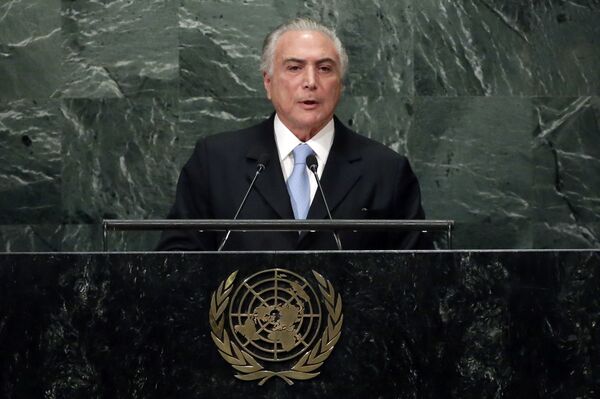
If a university education was a prerequisite for holding elected office, "we would be talking about the world governed by technocrats. The actual requirements for the president are the understanding of the real state of affairs, political sense and harmony with the mood in the country," said the Uruguayan academic.
Some of the most prominent leaders in the region did not have a scientific degree, such as former President of Uruguay José "Pepe" Mujica.
Bolivian President Evo Morales lacks a former higher education. As a child, he worked in the agricultural sector and was a bricklayer and a baker. Although he graduated from high school, the rest he learned at "the school of life," according to his official page. This did not prevent him from standing out as a trade union leader and from becoming this Latin American country's first president of Amerindian origin.
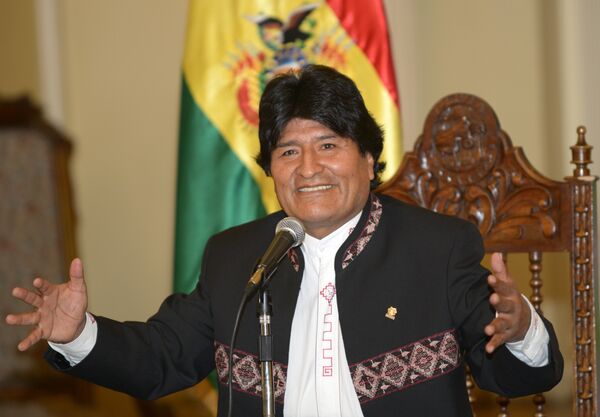
President of Venezuela Nicolás Maduro also achieved his high position without scientific degrees. After graduating from high school, he worked as a machinist in the public transport system in Caracas, where he later earned a great reputation as a trade union leader and one of the founders of the city's metro workers' union.
Their stories challenge the point of view that you must have academic qualifications in order to be a successful president.

